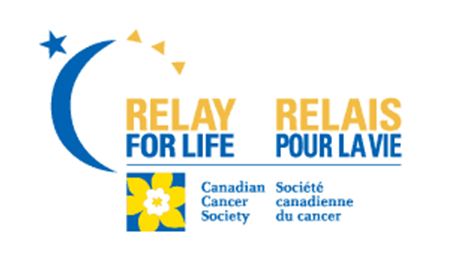Climate Change Advantage: Better Wine Quality
Mar 23, 2016
But scientists have warned that if the trend continues too long, the current run of outstanding grape harvests could end. In climate change, temperatures are rising in non-drought years and that may upset the traditional relationship.
We're seeing double! Kim Kardashian met her doppleganger last night
Mar 23, 2016
She posted other stills from her Keeping Up With The Kardashians days, including this gem with Jonathan Cheban. Of course, the Kamilla has come under fire for having a cosmetic job or two done to look more like her hero.
Turkey blames Islamic State bomber for Istanbul attack
Mar 23, 2016
Israeli Prime Minister Benjamin Netanyahu has said Israel is trying to determine whether its citizens were deliberately targeted. Two of the four dead were American-Israeli dual citizens, according to an Israeli government source and a US source .
In Cuba, Obama briefed on Brussels attacks
Mar 23, 2016
He called anew for the USA to return its naval base at Guantanamo Bay to Cuba and to lift the United States trade embargo. Dozens of political prisoners have been named by dissident groups, but are dismissed by Cuba as common criminals.
Apple could acquire PowerVR maker to bring GPU design in-house
Mar 23, 2016
This is a good time for Apple to look into snapping up the company, which has been running into problems this year. Imagination Technologies , for its part, has denied outright that there was any such M&A; plans to begin with.
Spieth back at his old college home for Match Play
Mar 23, 2016
This year, matches in the group play stage will be able to be halved, avoiding marathon sessions at that stage of the competition. All players are seeded based on their world ranking and seeds 1-16 will be the top seeds in their respective groups.
Spotify says it's reached 30 million subscribers
Mar 23, 2016
The streaming category includes subscription services such as Spotify , Apple Music and Jay Z's pet project Tidal . While revenues from ad-supported streams also grew in 2015, the RIAA did not think that was worth celebrating.
Marco Rubio suspends GOP presidential campaign
Mar 23, 2016
The tone and tenor of the campaign will eventually shift away from divisiveness, Trump suggested Wednesday. Marco Rubio dropped out of the race after a hugely disappointing finish in Florida, where he's a senator.
Britney Caught Photoshopping Her Poolside Bikini Picture?
Mar 23, 2016
Despite garnering over 170, 000 likes, many of her Instagram followers thought her torso section was a case of bad Photoshopping. Many question the mother of two, but according to her Instagram photos, her body is one many strive to have.
MMA Bill Passes NYS Assembly, Will be Legal This Year
Mar 23, 2016
Madison Square Garden is among the arenas that are mentioned by the bill's sponsors as potential host sites for competition. If the bill goes to the Assembly floor for a vote as expected, a majority - 76 votes - is needed in order to pass the bill.
NBA reviewing Howard's use of sticky substance on hands
Mar 22, 2016
And Millsap said after the game that he's "never felt a ball like that ever", according to the Atlanta Journal-Constitution . While Howard's use of stickum is surprising, the substance has turned up in other sports before.
Patriots owner Kraft seeks 'Deflategate' draft picks back
Mar 22, 2016
That's one every other year. "I think the game of football has never been safer than it is today", Kraft said. Besides the picks and suspension, the Patriots were also fined $1 million.
Dozens urge Wisconsin Sen. Johnson to support Garland vote
Mar 22, 2016
Republicans have said they want the next president to make the selection, hoping their party wins the presidential election. Speakers came from several liberal groups, including those supporting immigrants' rights and criminal justice reform.
UK judge implores Madonna, Ritchie to settle custody dispute
Mar 22, 2016
Oh snap! Here's hoping this conflict will resolved itself by the time they hit the courtroom again this summer. Madonna and Ritchie director of " Lock, Stock and Two Smoking Barrels " married in 2000 and divorced in 2008.
ASX's Funke Kupper quits as exchange chief amid Tabcorp inquiry
Mar 22, 2016
Tabcorp would have needed permission from Hun Sen or his senior officials to obtain a Cambodian gambling license. Holliday-Smith will act as executive chairman while ASX looks for Funke Kupper's replacement.

